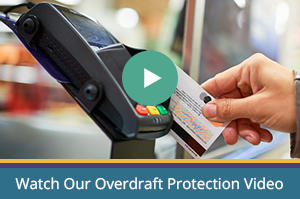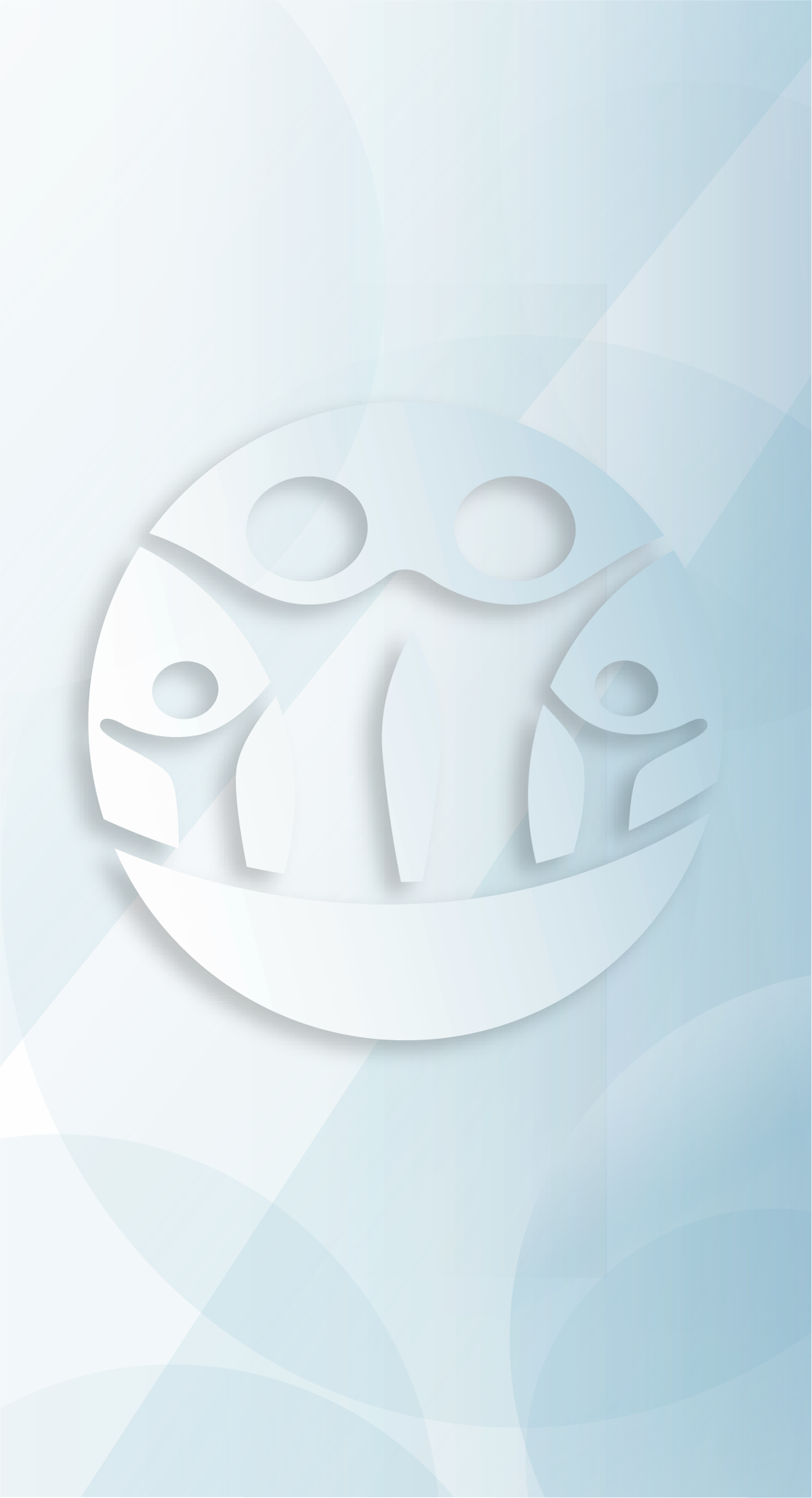Overdraft Protection
An overdraft occurs when you do not have enough money in your account to cover a transaction.
If you have overdraft protection, we can pay the item in two different ways:
- We have standard overdraft practices that come with your account
- We also have overdraft protection plans which may be less expensive than our standard overdraft practices such as automatic transfer from savings account or loan overdraft transfer.
This notice explains our standard overdraft practices that come with your account.
We will authorize and pay overdrafts for the following types of transactions:
- Checks and other transactions made using your checking account number
- Automated Clearing House (ACH) payments
Currently, we will NOT authorize and pay overdrafts for the following types of transactions, unless you ask us to do so (see authorization below):
- ATM transactions
- Point of Sale, every day, one-time debit card transactions
We pay any/all overdrafts at our discretion, which means we do not guarantee that we will always authorize and pay any type of transaction. If we do not authorize and pay an overdraft, your transaction will be declined.
The time period to rectify overdrafts is three days. Collection efforts may begin beyond that time eriod.
Fees for Overdrafts*
Under our standard overdraft practices, we will charge you a fee of $29 each time we pay an overdraft. There is a daily limit of 8 fees per day on the total fees we can charge you for overdrawing your account.
For complete fee disclosures click here
Authorize and Pay Overdrafts on ATM and Everyday Debit Card Transactions
Effective August 15, 2010, you can authorize The Family Credit Union to pay overdrafts on your ATM transactions and everyday point-of-sale, debit card transactions, at the standard fee of $29 per item.
Please call in or stop by any branch to authorize this overdraft plan: 563-388-8328
*The overdraft fee is imposed for overdrafts created by checks, in-person withdrawals, ATM withdrawals, or by other electronic means. Whether your overdrafts will be paid is discretionary and we reserve the right not to pay. For example, we typically do not pay overdrafts if your account is not in good standing, you are not making regular deposits, or you have too many overdrafts.



